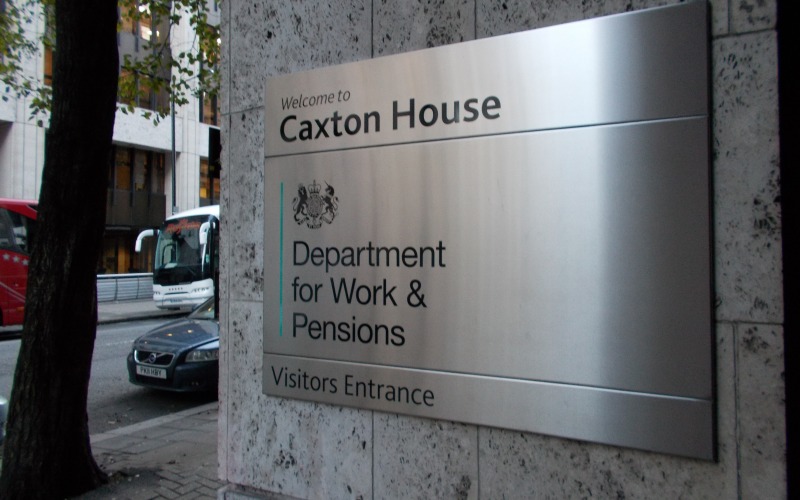The government must work closely with disabled people and user-led organisations to rebuild trust damaged by the flawed work capability assessment (WCA) if it wants to improve its failing welfare-to-work programmes, according to a new report.
The report by The Work Foundation, part of Lancaster University, calls for an overhaul of the employment support available for disabled people and those with long-term health conditions.
And it warns that a “culture of mistrust” has built up within the social security system, which was “particularly felt by those with long-term health conditions”.
The report, Is Welfare To Work, Working Well?, concludes: “Though we identified pockets of good practice and innovation, overall we saw a system of support that was not as effective or comprehensive as it might be.”
It points out that, despite the government’s 2015 manifesto pledge to halve the disability employment gap, the latest Office for National Statistics figures showed the gap was widening.
Among the report’s recommendations is for a far greater reliance on local, small-scale providers of employment support, and for greater integration between welfare-to-work organisations, health providers and business stakeholders at a local level.
It calls on the government to work with disabled people and disabled people’s organisations to co-produce a new, “fundamentally reformed” way of assessing “fitness for work” that would replace the WCA.
The report suggests that the Department for Work and Pensions (DWP) should separate the assessment of benefit eligibility from assessing the claimant’s barriers to work, such as their employment history, confidence, access to transport and housing issues.
The report also warns that many disabled people face discrimination at the hands of potential employers.
Alex Johnston, operations manager for West of England Centre for Inclusive Living, which was consulted by the researchers, welcomed the report, but said that it “probably doesn’t go far enough”.
He said he would have liked to have seen more emphasis on how employers can be a barrier to employing disabled people, and more recommendations on what could be done to support them “to be more aware and have a better understanding of what it means to employ a disabled person”.
Although he welcomed calls for changes to the way the government pays Work Programme and Work Choice providers, he said he would have liked more emphasis on the importance of peer support schemes, in which disabled people provide support to help other disabled people move towards the jobs market.
He pointed to the apparent success of DWP’s J2E project, which has devolved funding to local disabled people’s organisations to provide peer support and is based on using “local expertise and local knowledge to get people into work”.
Johnston said he would also have welcomed more discussion about paying welfare-to-work providers for “softer outcomes” – such as enabling a disabled person to gain voluntary work, a work placement or training – rather than only if a client secures a job.
And he said he would have liked more in the report about supporting disabled people who already have jobs, as WECIL does through a project with local employers.
He added: “We would have liked to see a little bit more about freedom for risk-taking, for organisations to take different approaches to supporting disabled people into work.”
Johnston said he believed the government was now making progress on disability employment.
He said: “From conversations we have with DWP and the rhetoric from central government about halving the disability employment gap, it feels like we are moving in the right direction.
“But if I was cynical [I would say] let’s see what your feet are doing rather than what your mouth is saying, and how that will translate into supporting disabled people’s user-led organisations in the field.
“What is that actually going to look like?”

 Tory ministers blocked ‘unique’ research on ESA claimants from inclusion in benefit cuts green paper
Tory ministers blocked ‘unique’ research on ESA claimants from inclusion in benefit cuts green paper Ministers decided to sit on critical PIP report, just days before publishing ‘brutal’ green paper
Ministers decided to sit on critical PIP report, just days before publishing ‘brutal’ green paper DWP staff make thousands of potentially fatal errors a month on disability claims, official reports reveal
DWP staff make thousands of potentially fatal errors a month on disability claims, official reports reveal